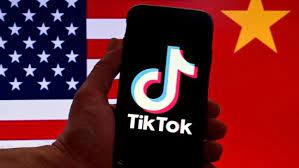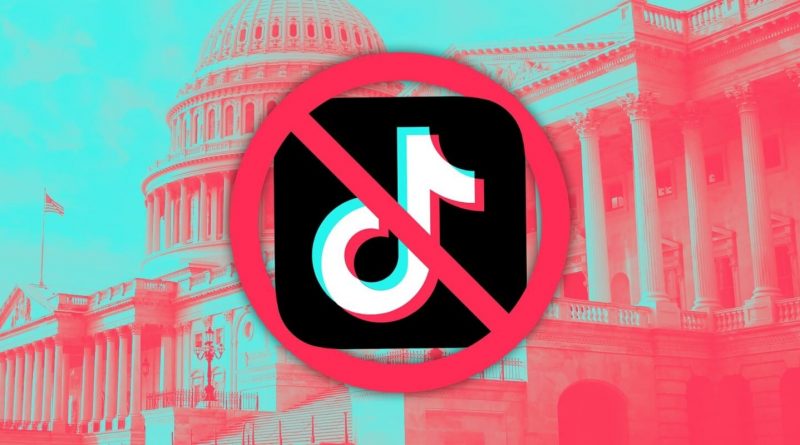TikTok on the Clock: House Passes ByteDance Crackdown Bill
Mark Walier
Tech Editor
In recent developments, the U.S. House of Representatives has passed a significant bill targeting TikTok. This legislative move, propelled by bipartisan support, compels ByteDance, the Chinese parent company of TikTok, to divest its interests in the app or face a complete ban from U.S. app stores within a year. Notably, it was attached to a $95B aid package that includes support for Ukraine, Israel, and Taiwan. This strategic bundling with other national security considerations may expedite its consideration in the Senate. This action marks a crucial point in ongoing concerns regarding cybersecurity and data privacy, which have been at the forefront of U.S. national security discussions.

The bill’s passage in the House reflects a substantial escalation in the U.S. government’s scrutiny of TikTok, which has been under the microscope for potential risks that could allow the Chinese government access to U.S. citizens’ data. According to reports, this legislative measure is part of a broader package aimed at enhancing the United States’ stance against potential cyber threats from foreign adversaries, notably China. The overarching concern is that the Chinese government could exploit TikTok for data harvesting or to push propaganda, a scenario that U.S. lawmakers are keen to avoid.
The legislation has now moved to the Senate, where its future remains uncertain but is largely expected to pass given the climate of heightened vigilance on tech companies with foreign ties. Senate Majority Leader Chuck Schumer has indicated the Senate’s priority to address these national security concerns, although there are some reservations among senators about the bill’s approach and potential implications.

President Joe Biden has also weighed in, expressing his support for the bill, which aligns with his administration’s broader policy initiatives to safeguard U.S. digital infrastructure from external threats. The administration has been actively involved in shaping the bill, aiming to ensure it withstands legal scrutiny and effectively addresses the concerns posed by TikTok and similar platforms.
If enacted, this legislation could lead to significant changes in how TikTok operates in the U.S., potentially culminating in its sale or significant operational adjustments to comply with U.S. laws. The company has indicated plans to challenge any unfavorable legislation through legal channels, arguing that the bill is unfairly targets a single company and raises First Amendment concerns.
For young adults, TikTok is used for a range of activities from showcasing creative content to participating in political and social discourse. Moreover, TikTok has become a critical tool for networking and personal branding, aspects that are increasingly important in the digital age. The potential TikTok ban could significantly impact college students by limiting these opportunities. Conversely, a ban on TikTok may be beneficial for American youth as it forces a greater emphasis on time away from screens and heightens domestic data privacy. Students should closely monitor this situation and the effect it may have on their day-to-day life.
Contact Mark at mark.walier@student.shu.edu

